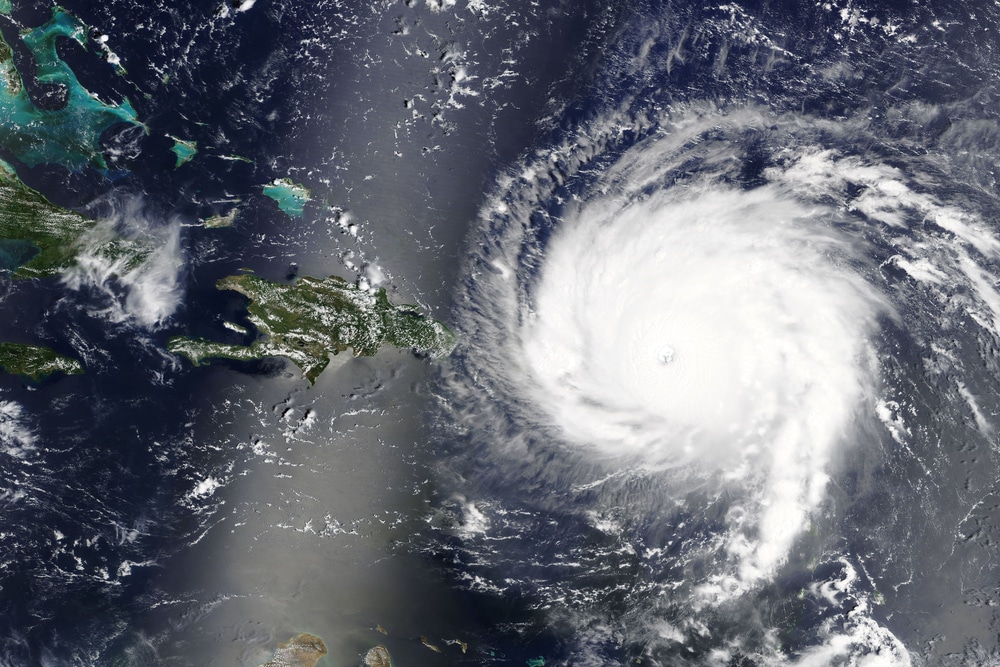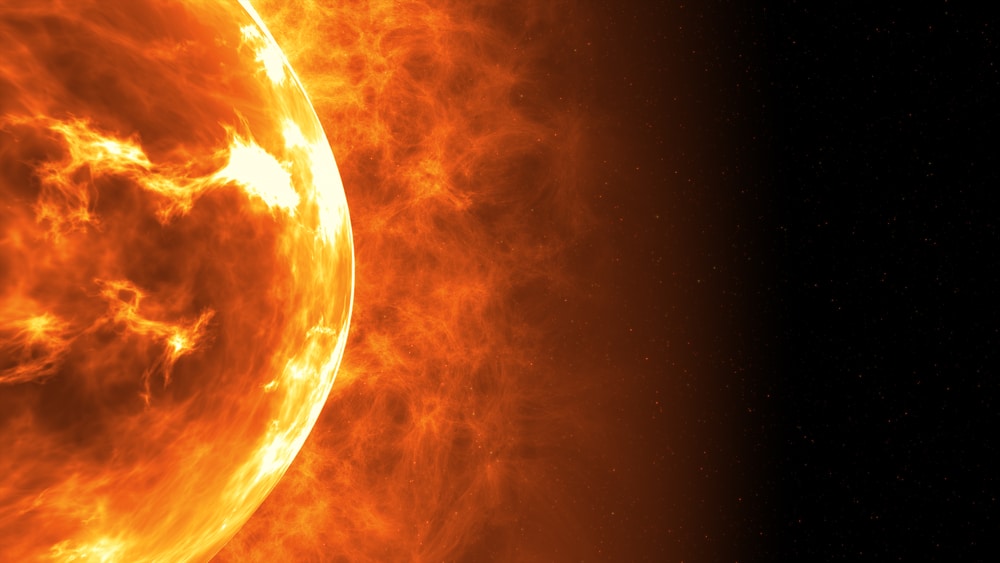(The Guardian) – In all her years working at Bodega Bay, the marine reserve research coordinator Jackie Sones had never seen anything like it: scores of dead mussels on the rocks, their shells gaping and scorched, their meats thoroughly cooked. A record-breaking June heatwave apparently caused the largest die-off of mussels in at least 15 years at Bodega Head, a small headland on the northern California bay. And Sones received reports from other researchers of similar mass mussel deaths at various beaches across roughly 140 miles of coastline.
While the people who flocked to the Pacific to enjoy a rare 80F beach day soaked up the sun, so did the mussel beds – where the rock-bound mollusks could have been experiencing temperatures above 100F at low tide, literally roasting in their shells. Sones expects the die-off to affect the rest of the seashore ecosystem. “Mussels are known as a foundation species. The equivalent are the trees in a forest – they provide shelter and habitat for a lot of animals, so when you impact that core habitat it ripples throughout the rest of the system,” said Sones. READ MORE

















